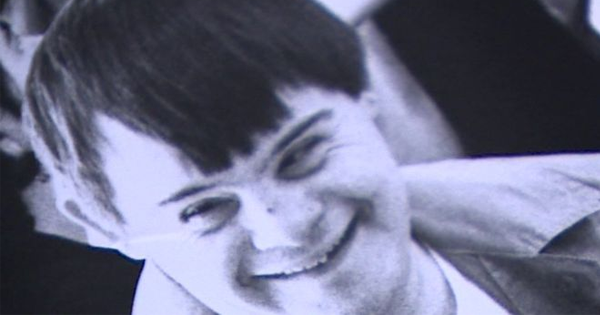Andrew Waters was 53 in May. He suffered from Down’s Syndrome, but he lived a full life. However, when he died earlier this year, family found something in his belongings that they never knew about him, and it upset them even more.
They discovered paperwork done during a stay at a hospital in Kent in 2011, related to his dementia.
A court order was lifted that protected Andrew’s anonymity, which allows his story to be told.
The papers they found showed that a “do not resuscitate” (DNR) order was placed on Andrew. Among the reasons for this order were Down’s syndrome and his learning difficulties.
His brother, Michael Waters, was outraged when he found it.
“For someone to make that decision, without consulting a member of the family or any one of his carers, was just totally unacceptable. No one has the right to make such a decision in such a disgraceful way.
“We were there at the hospital and involved in his care at every point.”
Not only that, but the form wasn’t presented at any point to his caretakers.
“The form was a folded up piece of paper found in his bag after discharge, by his carers,” said Michael. “There was nothing wrong with Andrew’s health at the time which would have had an effect on resuscitation.”
Earl Kent Hospitals University NHS Foundation Trust apologized for this occurrence. “The trust accepts that it breached its duty owed to the patient,” said a spokesperson. “We apologize unreservedly for this and the distress caused. Actions have been taken to ensure this does not happen again and the trust has now reached a resolution with the family.”
Mencap, a charity for people with learning disabilities, said that this case is “unacceptable,” but not uncommon.” Head of Mencap, Jan Tregelles, said, “Many families who have lost their loved ones to poor care within the NHS have told us about the inappropriate use of DNR.
“There have been circumstances where these notices have been applied without the knowledge or agreement of families.
“And the orders have also been applied hastily, in inappropriate situations, solely on the basis of a person’s learning disability.
“1,200 people with a learning disability are dying avoidably in the NHS every year. The government must take action to ensure that people with a learning disability get the right healthcare within the NHS and put an end to this scandal of avoidable deaths.”





